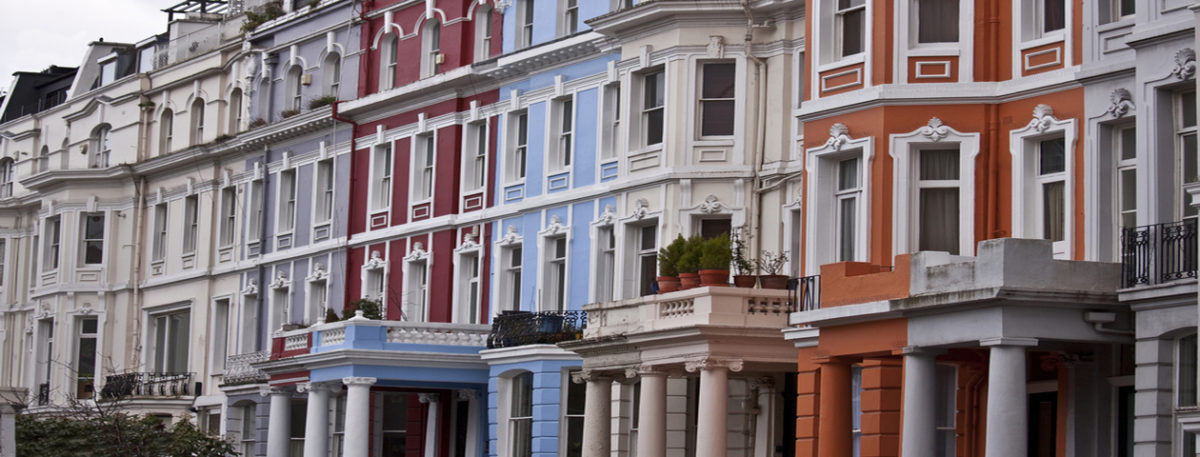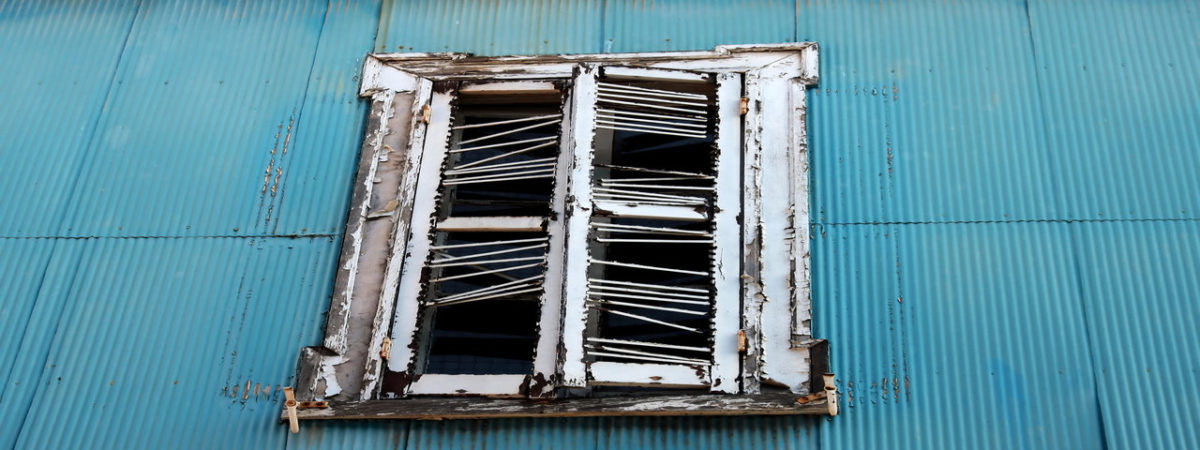IEA calls for 9p flat rate of tax on alcohol to fix illogical system
SUGGESTED

Reaction to Government's housing White Paper

IEA responds to Joseph Rowntree Foundation report on poverty

IEA releases briefing on alcohol taxation
The rate of tax on units of alcohol ranges from 7p to 34p depending on what type of drink it is. For example, a unit of alcohol is taxed at 27.7p if it is in a glass of whisky, but in a pint of strong cider it is only taxed at 7.3p. Some of the most punitive rates are more than four times higher than the lowest.
Untangled from restrictive EU regulations, Brexit provides the UK with an opportunity to reform our incoherent system of alcohol taxation. A new report from the Institute of Economic Affairs calls for a flat rate of 9p on every unit of alcohol. This would raise the £4.6 billion needed to offset the costs of drinking to public services. It would incentivise innovation in the alcohol industry and reduce tax evasion.
Benefits of a flat 9p rate
Pays for public services
- Tax on alcohol should seek to cover the costs of excessive drinking to the government – no more, no less.
- In 2015 the cost of alcohol to public services was no more than £4.6 billion.
- Assuming similar costs in 2017, this would be covered by a flat rate of 9p per unit.
- Under this system, drinkers would still make a significant additional contributions to public finances through the VAT levied on alcohol duty (£920 million per annum), and other taxation on the drinks and hospitality industries.
Incentivises reduction in alcohol content
- Paternalistic efforts to stimulate demand for low strength alcohol have failed. In 2011, the government created a new, lower tax category for beers under 2.8 per cent ABV, but these drinks are weaker than the market will stand. There is little demand for beers below 3.6 per cent ABV.
- When the government created a new high tax category for beers and sparkling ciders with an alcohol content of more than 7.5 per cent, a wide range of cheap high-strength drinks with exactly 7.5 per cent of alcohol were produced.
- A flat tax rate of 9p would incentivise producers to develop lower strength drinks across the board.
Reduces tax evasion
- In 2014/15 alcohol duty evasion cost the government £1.8 billion, according to HMRC.
- A flat and reduced rate of tax would remove the incentive to buy cheaper alcohol from abroad or from illicit suppliers thus reducing the tax gap
Commenting on the report, author Chris Snowdon, Head of Lifestyle Economics at the Institute of Economic Affairs said:
“The UK’s system of alcohol taxation defies common sense. Most drinkers are grossly over-taxed and the government’s attempts to incentivise the drinks industry to produce lower strength drinks have failed.
“It’s time to wipe the slate clean and reassess what the purpose of alcohol taxation is. A 9p per unit tax rate would pay for all costs imposed on public services by alcohol abuse. It would raise the price of strong cider, which is currently under-taxed, and incentivise the drinks industry to produce lower strength drinks across the board.”
Notes to editors:
For media enquiries please contact Nerissa Chesterfield, Communications Officer: nchesterfield@iea.org.uk 020 7799 8920 or 07791 390 268.
To download the briefing, A Rational Approach to Alcohol Taxation, please click here.
The IEA’s 2015 report, Alcohol and the Public Purse, which looked at how much drinkers subsidise non-drinkers can be downloaded here.
The mission of the Institute of Economic Affairs is to improve understanding of the fundamental institutions of a free society by analysing and expounding the role of markets in solving economic and social problems.
The IEA is a registered educational charity and independent of all political parties.



